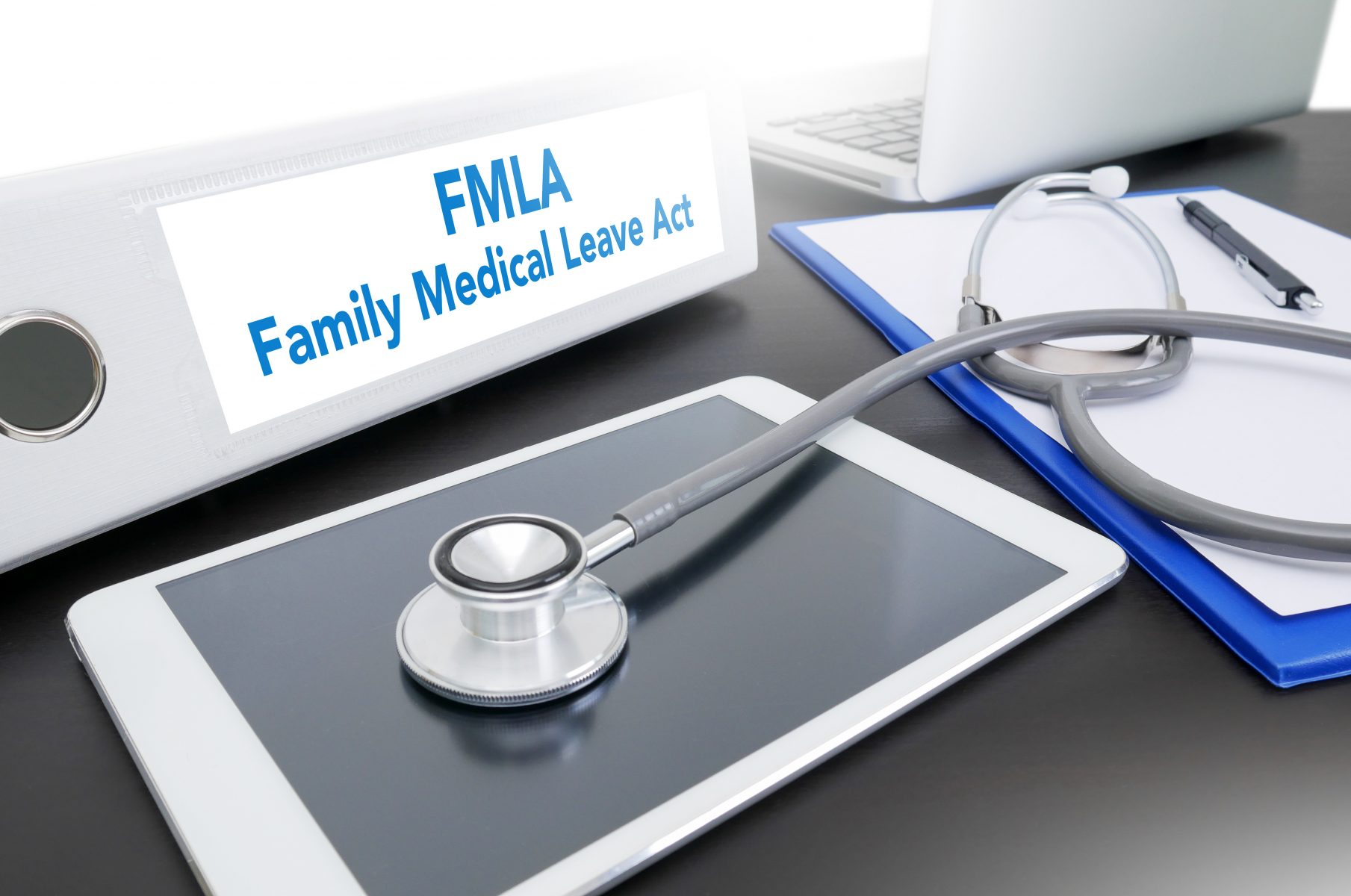News & Events
Proving Pregnancy Discrimination

Proving Pregnancy Discrimination
There are many ways employees are discriminated against in the workplace. Unfortunately, one of these is discrimination based on pregnancy and conditions related to pregnancy. The Equal Employment Opportunity Commission (EEOC) receives thousands of complaints involving pregnancy discrimination every year. However, being treated rudely or unfairly is not enough to establish discrimination based on pregnancy. If you are pregnant and think your employer is discriminating against you, it is important to understand what constitutes pregnancy discrimination and how to prove it.
What Constitutes Pregnancy Discrimination?
Pregnancy discrimination is a form of discrimination based on a person’s sex. The Pregnancy Discrimination Act of 1978 is an amendment to Title VII of the Civil Rights Act of 1964 and it makes this form of discrimination illegal.
Pregnancy discrimination occurs when an employer treats an employee, or a candidate for employment, less favorably based on the fact that she is pregnant or for something related to pregnancy, such as breastfeeding. Employers cannot refuse to hire someone because she is pregnant, and they cannot demote, promote, change assignments, or fire someone because she is pregnant.
It may also be illegal to refuse to allow a pregnant woman to perform lighter duties when she is pregnant depending on the circumstances and duties involved. This is particularly true if the company has a policy that allows individuals with temporary disabilities to perform lighter duties.
Proving Pregnancy Discrimination
Although it may seem difficult, there are several ways to prove pregnancy discrimination. This can be done either with direct evidence or circumstantial evidence.
Direct evidence involves an employer admitting that they are discriminating against a woman based on pregnancy. Although it may sound as though an employer would never do this, it happens more often than many people think. To many employers, pregnancy discrimination is not as obvious as other forms of discrimination, such as discriminating against someone based on their race.
As such, an employer may tell an employee that they are not going to promote her to a position that requires extensive travel because she is pregnant. They may indicate the reason is that they assume the woman will not be traveling as much once the baby is born. This is pregnancy discrimination, and when an employer admits to it verbally or in writing, that is direct evidence that can help prove the woman’s case.
Circumstantial evidence on the other hand, is indirect evidence. Circumstantial evidence is the type of evidence that leads to an inference of discrimination because there is seemingly no reason or explanation for the employer’s actions other than the pregnancy. Sometimes this consists of proof that the employer deviated from the way they typically run their business. This is particularly true if they cannot provide a sound explanation for the deviation or their actions.
For example, an employer may terminate a pregnant woman and state that her poor performance was the reason. However, if other similarly situated employees were also considered to be underperforming just as she was and they were only given written warnings, this may be a discrepancy in the employer’s practices and could, therefore, be circumstantial evidence. Circumstantial evidence is often difficult to detect and prove, but an employment attorney can help.
Were You Discriminated Against? Call Our Ohio Employment Attorneys
If you are pregnant, have a condition related to pregnancy, or are breastfeeding, and feel as though you were discriminated against by an employer, it is important to understand that there are steps you can take. A Columbus employment attorney can help you do it.
At Marshall Forman & Schlein LLC, we can help you file a charge of discrimination with the EEOC and/or the OCRC, and a lawsuit, if necessary. There are strict deadlines for each of these processes and each also has their own complexities. We will help you through all of these and ensure the process goes as smoothly as possible for you. Call us today or contact us online to schedule a meeting with one of our attorneys.
Do You Have A Question? Contact Us Today
Attorney Advertising. This information is designed for general information only. The information presented should not be construed to be formal legal advice nor the formation of a lawyer/client relationship. Past results and testimonials are not a guarantee, warranty, or prediction of the outcome of your case, and should not be construed as such. Past results cannot guarantee future performance. Any result in a single case is not meant to create an expectation of similar results in future matters because each case involves many different factors, therefore, results will differ on a case-by-case basis. By providing contact information, users acknowledge and give explicit consent to be contacted via the methods of communication provided, including SMS. Message and data rates may apply. Message frequency may vary. Reply STOP to opt out.



